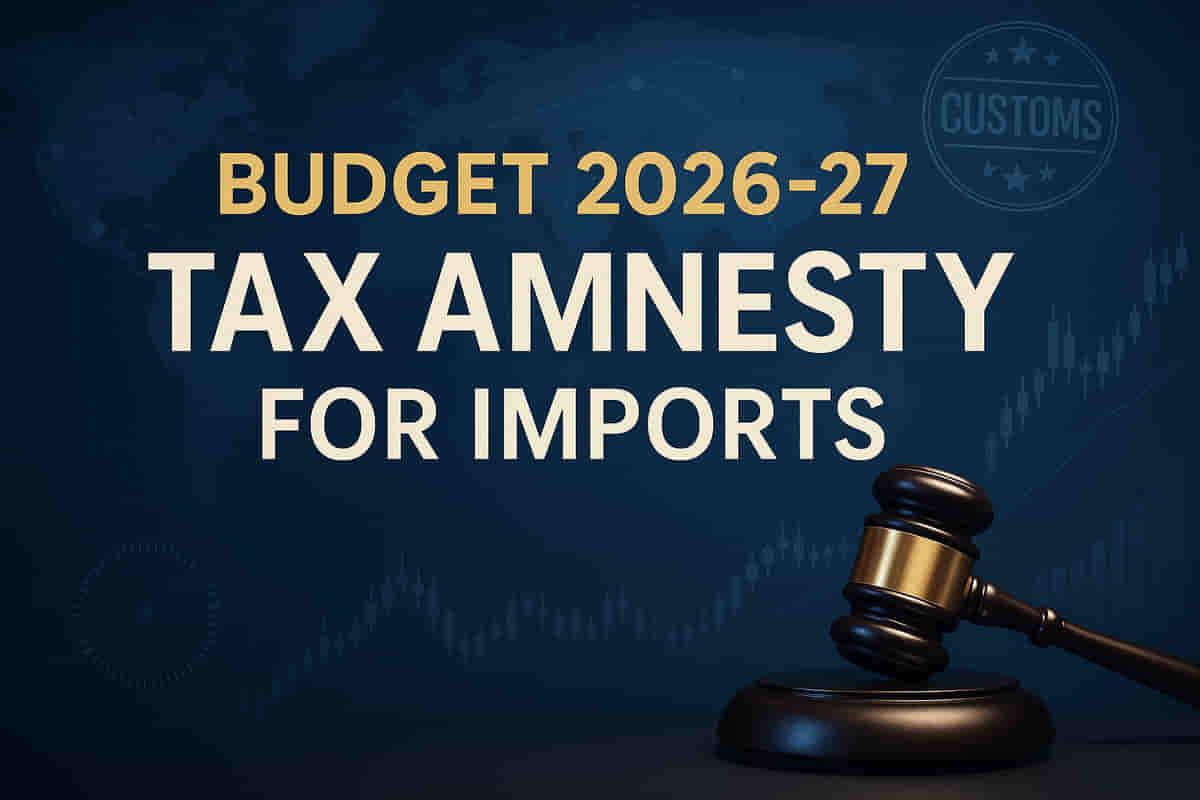Assocham Seeks Customs Tax Amnesty Scheme in Budget 2026-27
Economy
|
30th October 2025, 4:19 PM

▶
Short Description :
Detailed Coverage :
Assocham, a prominent industry body, has proposed the introduction of a comprehensive tax amnesty scheme under the Customs regime in the upcoming Budget 2026-27. This proposal was made during a pre-budget meeting with Revenue Secretary Arvind Shrivastava. The scheme aims to allow taxpayers, particularly importers, to settle outstanding tax dues by offering a complete waiver of interest and penalties, along with a partial waiver of the disputed duty, contingent on the quantum involved. The primary objective is to significantly reduce the litigation burden, as over 40,000 cases related to customs are currently pending as of 2024, involving approximately $4.5 billion in disputed amounts.
Heading: Impact If implemented, this tax amnesty scheme could provide substantial relief to businesses involved in international trade by clearing long-standing tax disputes, improving cash flow, and reducing legal costs. It may also signal a government initiative to streamline tax administration and resolve accumulated backlogs. Rating: 5/10
Heading: Difficult Terms
Tax amnesty scheme: A government-initiated program that allows taxpayers to pay off overdue taxes, often with reduced penalties or waived interest, to resolve past tax liabilities and encourage compliance.
Customs regime: The set of laws, regulations, and administrative procedures governing the assessment and collection of duties and taxes on goods that are imported into or exported from a country.
Litigation burden: The extensive number of unresolved legal disputes or lawsuits that are pending before courts or tribunals, imposing significant time and resource costs.
Importers: Individuals or companies that purchase goods from foreign countries and bring them into their own country for sale or use.
Quantum involved: The total amount or value of money, such as disputed taxes or duties, that is subject to a legal or administrative proceeding.